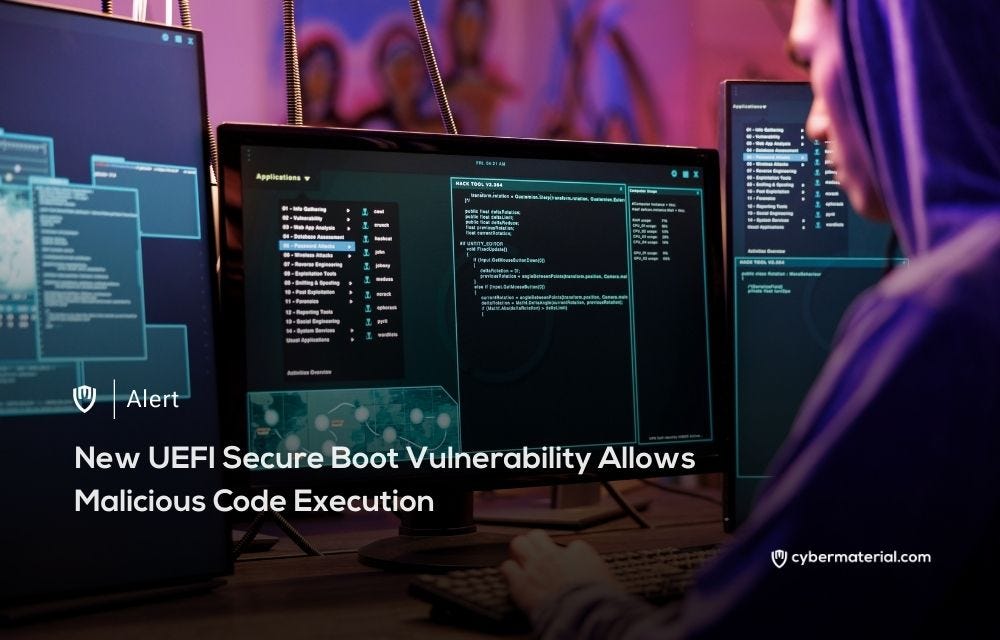
A newly identified UEFI vulnerability, CVE-2024-7344, has raised significant concerns regarding the security of Secure Boot on systems using the Unified Extensible Firmware Interface (UEFI). The vuln…

A newly identified UEFI vulnerability, CVE-2024-7344, has raised significant concerns regarding the security of Secure Boot on systems using the Unified Extensible Firmware Interface (UEFI). The vuln…